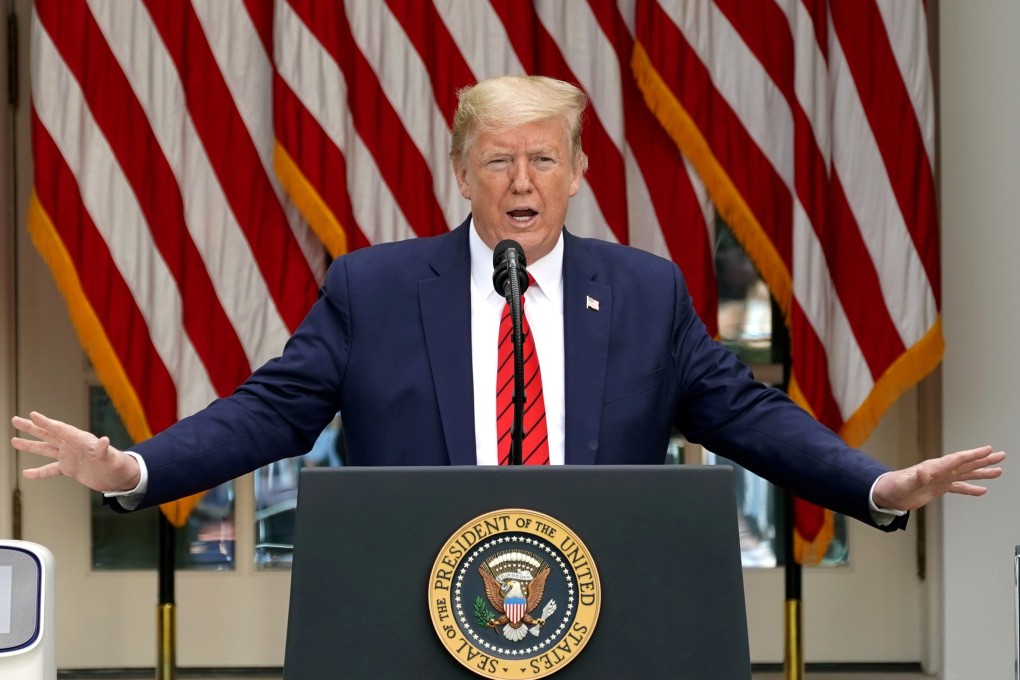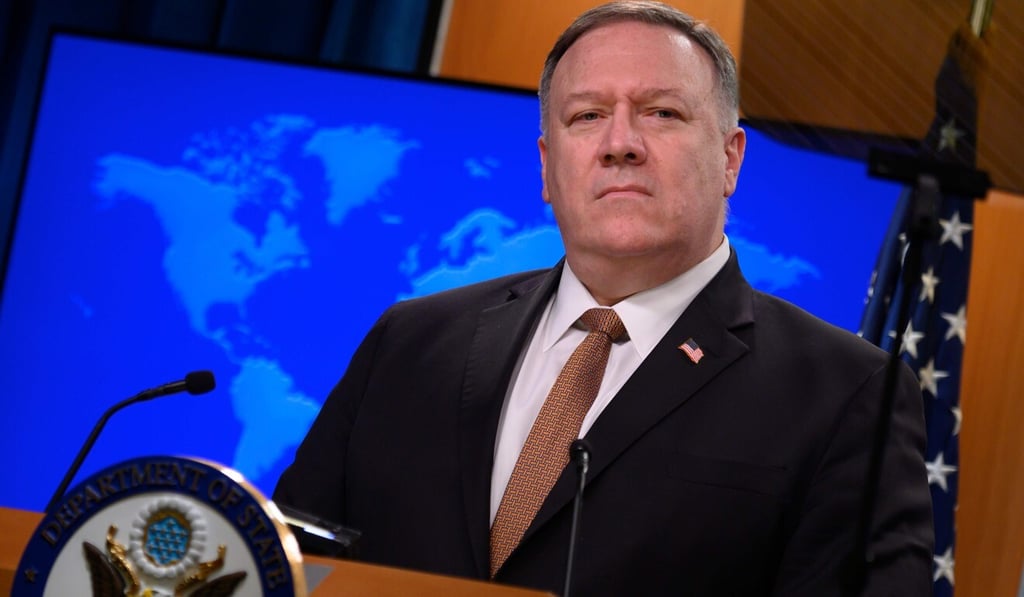Advertisement
Opinion | Why China won’t be paying the West coronavirus reparations any time soon
- Demands for compensation not only evoke painful memories of past humiliations by foreigners, but play into the hands of Chinese nationalists
- Savvy Chinese know the United States, in particular, will do whatever it takes to stymie a rising China that threatens its global dominance
5-MIN READ5-MIN

Those in the West who blame China for the Covid-19 pandemic and demand reparations for the damage to their economies have probably done Beijing a favour.
They have unwittingly – or perhaps unthinkingly – reopened a scar that is deep in the Chinese psyche and given the party more of the ammunition it needs to rally the people against what it has portrayed as hostile moves to put China down.
Such accusations further add fuel to the fire of ardent nationalists, who have long cautioned that China has few true friends in the West and that China-bashing is what the United States and its staunch supporters will resort to whenever they need a scapegoat for their own failings.
Advertisement
A likely result of this? The muting of voices hitherto better disposed towards the West.

Advertisement
US President Donald Trump, Secretary of State Mike Pompeo and the Murdoch-owned right-wing media like Fox News and The Daily Telegraph in Sydney are throwing everything but the kitchen sink at an intense international campaign to isolate and demonise China, and demand compensation.
Advertisement
Select Voice
Select Speed
1.00x
